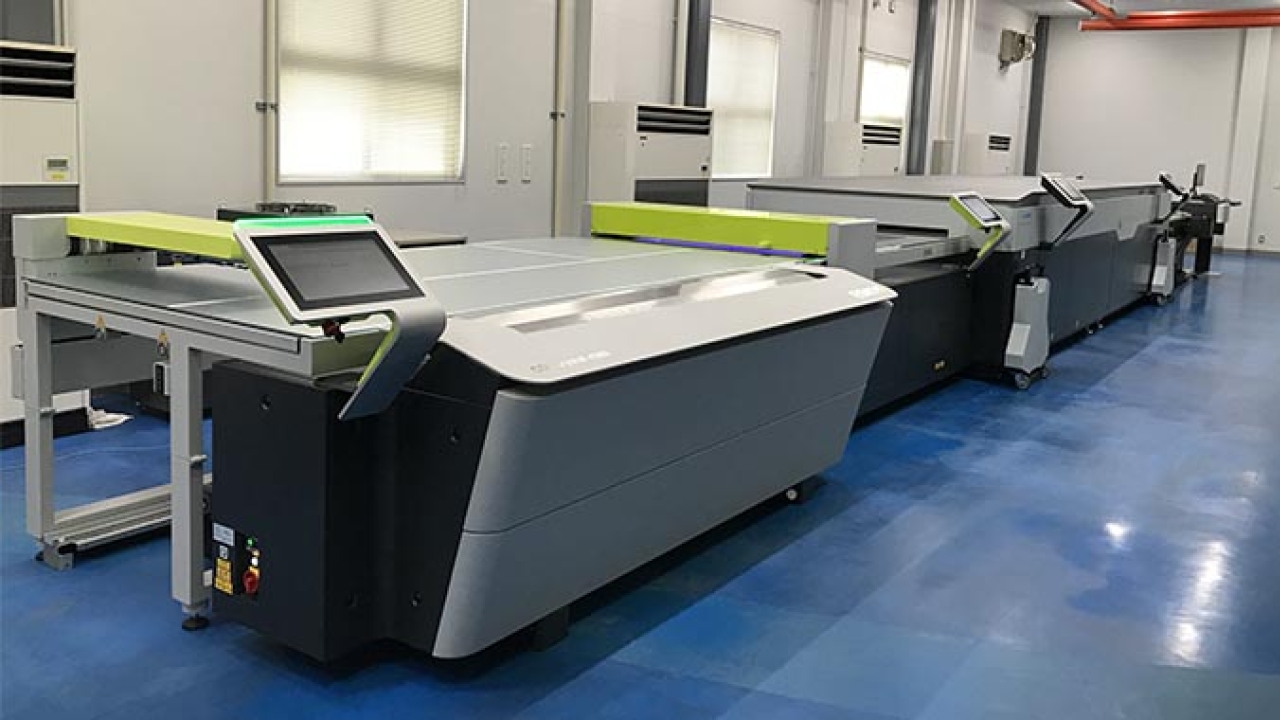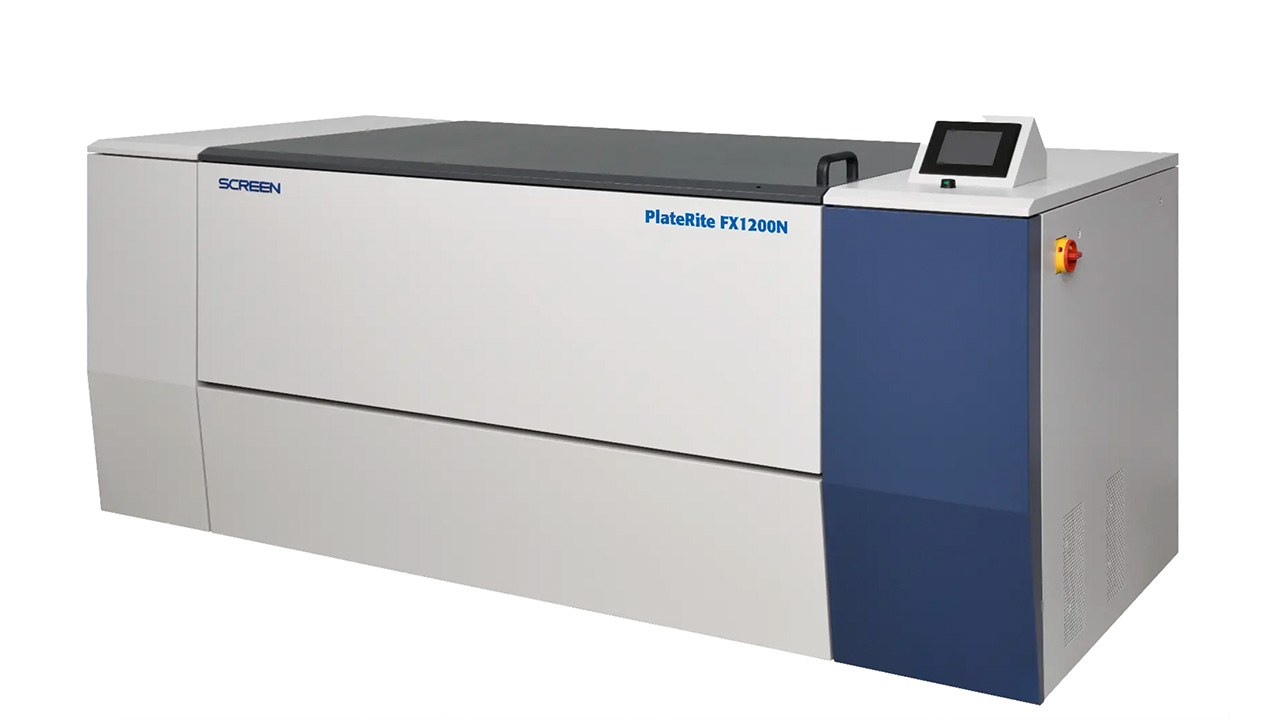Nabe Process improves efficiency with Asahi AWP flexo plates
Japanese printing company Nabe Process has tested Asahi’s AWP CleanPrint water-washable flexographic plates against conventional solvent-based plates to measure differences in quality and productivity between the two. The converter observed that overall number of press stops for plate cleaning or quality adjustment was significantly reduced.

The AWP plates, which were made with CrystalCleanConnect, demonstrated a significant improvement in print quality and productivity compared to the conventional solvent-developed flexographic plate. CrystalCleanConnect is a new offering jointly developed by Asahi Photoproducts and Esko that automates the platemaking process, reducing steps from 17 to one and reducing potential for error.
According to Nabe Process, the test was conducted using actual customer work, and all times and steps were carefully documented. It was notable that the Asahi AWP plates had ‘excellent’ ink transfer, which contributed to the overall improved quality and fewer press stops for plate cleaning and quality issues.
The design chosen by the converter for this test contains fine highlights. To obtain the required quality with solvent-based plates, the press had to be stopped several times during the run to prevent such things as ink filling. This was not the case with the Asahi AWP water-washable plates which offer CleanPrint technology, originally developed by Asahi to improve the ink transfer from the plate surface to the printed material.
Yasuo Naka, general manager of Flexography Division, Nabe Process, commented: ‘From this result, we were able to confirm that we can deliver more stable and higher quality printed products to our customers using Asahi’s AWP water-washable plates. With the conventional solvent plate, we also had more difficulty in the printing process due to misregistration during printing. With the Asahi AWP plates, however, that problem is resolved and productivity is dramatically improved.
‘We are very happy with the performance of the AWP plates as a result. In addition, in the spring of 2021, we installed CrystalCleanConnect, a fully automatic plate-making device jointly developed by Asahi and Esko. That has added to our overall quality and productivity, getting plates to press much faster, with less operator engagement time and with less opportunity for error. Based on these results, we are converting all of our flexographic plates to Asahi AWP water-washable CleanPrint plates, and we know our customers will be even more delighted than ever with the quality they receive from us.’
Yuzo Fujiki, chief technology officer, Printing Solution Project, of Asahi Kasei, commented: ‘We were pleased to work with Nabe Process on this project to validate the excellent plate performance of our AWP water-washable plates in terms of both print quality and productivity. And we are thrilled that Nabe Process has chosen to create even more efficiency by installing the first CrystalCleanConnect system in the world, the industry’s first fully automatic water-washable plate-making device, developed in collaboration with Esko. As we continue to work with forward-thinking companies like Nabe Process, we will also be working toward continuous improvement of print quality as well as keeping sustainability top of mind.’
Asahi’s CleanPrint flexographic printing plate transfers ink from the plate surface to the substrate, resulting in less ink remaining on the plate surface during and after printing compared with conventional solvent-based plates. In additon, the platemaking process is water-based, using non-VOC based chemicals. And CrystalCleanConnect delivers ready-to-mount plates with the push of a button.
Stay up to date
Subscribe to the free Label News newsletter and receive the latest content every week. We'll never share your email address.

